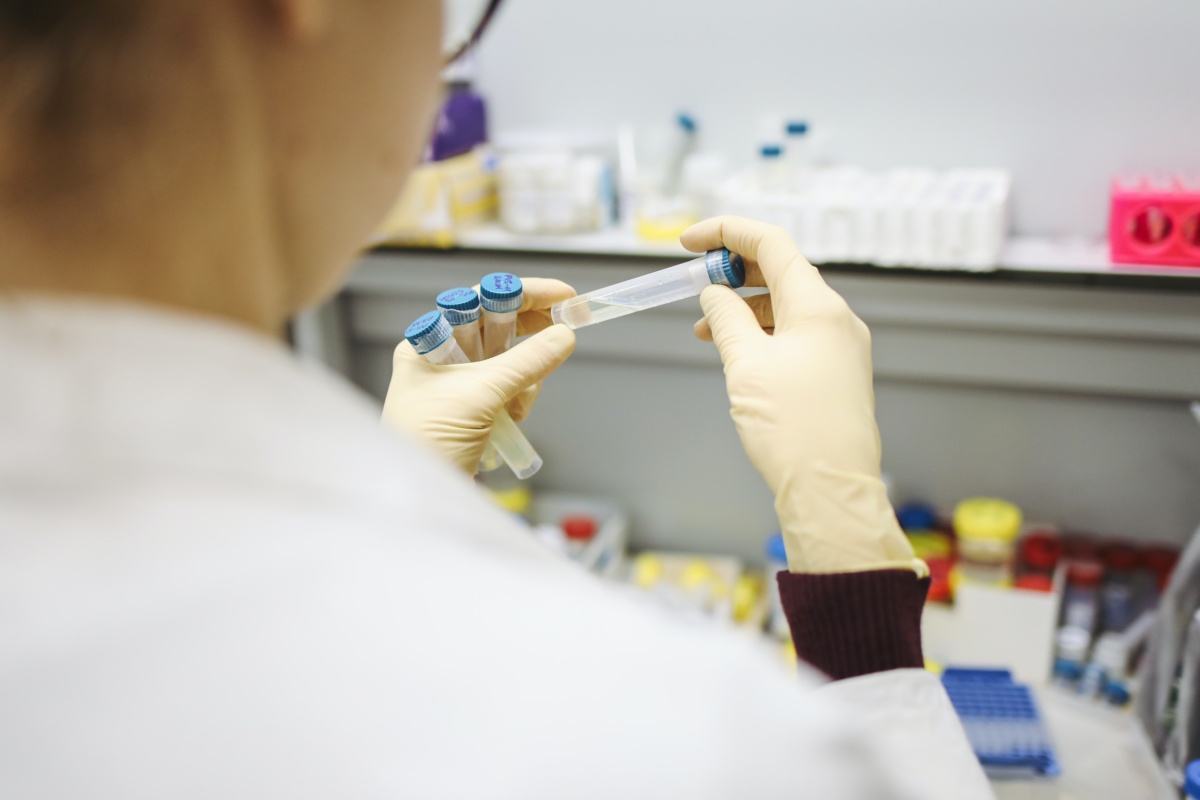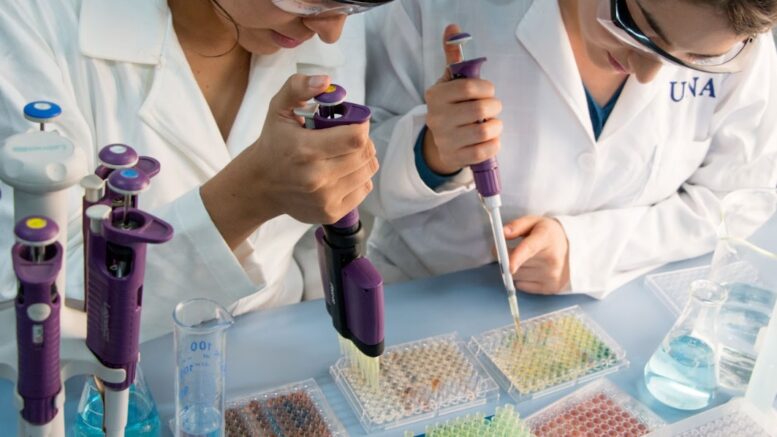Researchers and medical personnel need quick, inexpensive, and reliable laboratory tests for diagnosing various conditions. One of these is the Enzyme-Linked Immunosorbent Assay (ELISA) assay. It is widely used for clinical and research testing and can provide accurate information by quantifying proteins and other biomolecules.
Furthermore, the ELISA assays are generally highly sensitive antibody-specific tests that could deliver results even if samples have low levels of antigens. Additionally, it doesn’t affect the reproducibility of the assay. As a result, researchers can repeat their tests with different additives to test all possible outcomes.
Accurate results are still possible without the worry of dilution affecting the process. An article for the website Nature describes how newly developed HIV testing uses this exact process and type of assay.
Because performing the ELISA assay has various formats, it could apply to a broad spectrum of applications. Continue reading here for more information on its potential uses:
Diagnosing Infectious Diseases
Some infectious diseases can easily transmit between humans, while others need specific conditions to transfer. Nevertheless, they still require a diagnosis. More importantly, the severe impact that the diseases could have on the patient’s well-being requires a fast turnaround time for diagnosis.
Any delays in providing the patients with life-saving treatment may cost them their lives.
The quickest way for doctors to get their patient’s results would be by requesting an ELISA assay for any of the below conditions:
- Human Immuno-deficiency Virus (HIV) attacks a person’s immune system.
- Rocky Mountain spotted fever brought on by some tick bites.
- Rotavirus causes diarrhea after hand-mouth contact with feces.
- Syphilis causes open sores that spread the bacteria through intimacy.
- Varicella-zoster (Chickenpox or Shingles) causes skin blisters.
- Zika virus infections in a pregnant woman could cause congenital disabilities.
Although there is a wide array of other conditions ELISA assays could help to diagnose, the ones mentioned here are the most common. Professional laboratory equipment suppliers specifically for ELISA assays could provide more information on the various test kits available.
Monitoring Of Allergies
Along with infectious diseases, patients could have allergic reactions, some even without rationale. Unfortunately, it’s difficult to determine the exact cause without thorough testing. For this reason, an ELISA assay could be beneficial in these circumstances:
- Patients who use medications regularly interfere with other processes like routine blood tests.
- Person’s with poorly controlled asthma could have a broad spectrum of allergens that need testing.
- Skin testing is where the person can’t tolerate needle scratching from the usual allergy tests.
- Patients with unstable heart conditions could have a possible allergic component.
- Extreme allergic reactions could lead to severe anaphylaxis.
- Skin conditions like dermatitis, eczema, or psoriasis.

Allergy testing and monitoring could be essential for these and other conditions to ensure the patient’s safety. They may face life-threatening exposure to the allergens without determining why they are having allergic reactions.
Determining the cause could assist with avoiding the specific allergens for which the patient’s body is giving negative feedback.
Measuring Hormone Levels
Hormones consist of polypeptides or building blocks of proteins that alter the target cell activity or function. They could bind to the target cells’ surface and their receptors or enter the target cell. By doing so, hormones help to regulate bodily functions.
Patients with hormone deficiencies or underperforming hormonal glands could thus experience varying physical symptoms. Therefore, before starting treatment, doctors must understand the precise amount of hormone replacement therapy to prescribe.
Some examples of the levels of the hormones an ELISA assay can determine are:
- Insulin, glucagon, parathyroid proteins, or polypeptides.
- Cortisol, aldosterone, estrogen, progesterone, and testosterone steroids.
- Thyroxine, triiodothyronine, epinephrine, and norepinephrine derivatives.
An imbalance in any of the hormones could upset the delicate balance of other body systems. It would thus be necessary for the patient to maintain the correct levels, albeit with supplementation.
Analyzing Protein Interactions
Researchers need to study the conformational changes in a sample to understand the interactions between specific proteins. Probing one binding site at a time using different ELISA assays brings clarity and unrestricted confirmation for the exchanges.
The analysis could shed more light on processes in the body, including:
- Studying diseases’ nature and underlying mechanisms and how they affect the human body.
- Examine how protein contributes to creating treatments for pathogens and determine their efficacy.
- Determining the mutations (if any) caused by the condition.
- Expand researchers’ understanding of other related conditions.
- Research studies to find more information on new or emerging diseases.
- To diagnose rare conditions in patients.
Furthermore, analyzing protein interactions could be quantitative, using serially diluted analytes to measure antigenicity or binding activity. Depending on the information researchers need, they can apply either an inhibition ELISA or sandwich ELISA assay, among others, as part of the process.
Conclusion
ELISA assays are powerful and versatile laboratory techniques with many applications. Whether doing research or making a diagnosis, these tests could be beneficial. In any setting, fast, accurate results are essential for adding clarity, precise treatments, and patient safety.
